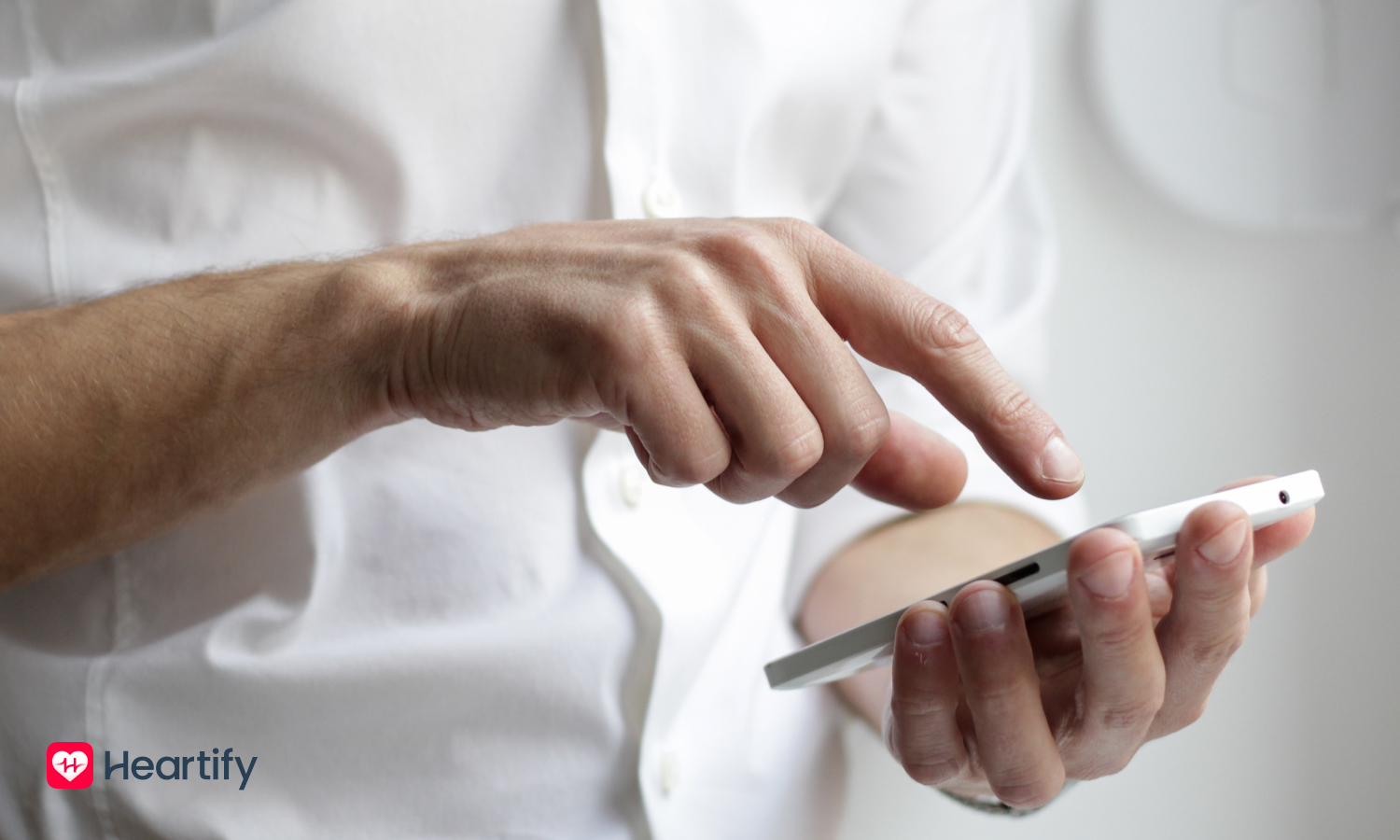In the digital age, where social media appearances are often held to an unrealistic standard and lifestyle choices can be heavily influenced, it is essential to recognize that a correlation exists between heavy use of social media platforms and poor heart health. When people use social media for long periods, their bodies release higher stress hormones such as cortisol and adrenaline. These hormones can cause damage to the arteries and veins that supply blood to the heart over time. This damage can increase the risk of stroke, heart attack, and other cardiovascular issues.
Professional studies have suggested that there is a two-way relationship between HRV and social media usage, with reduced HRV correlating to more use of social media, while an increase may be associated with less usage.
Studies also have shown that excess time spent on social networking sites can cause increased anxiety symptoms, such as negative body image, attention-seeking behaviors, and envy or sadness towards others’ successes. All of this leads to adverse mental health effects. In addition, excessive social media usage has been linked to raised symptoms such as restlessness, depression, irritability, poorer sleep quality, lower self-esteem, inattention, and hyperactivity. Symptoms can further contribute to an individual’s risk for cardiovascular disease by creating additional stress on the body’s systems.
Despite the drawbacks of engaging with social media, there are distinct advantages to be found as well.
Eating & Exercise Habits
What we see on social media also affects our eating and exercise habits. Platforms like Instagram or YouTube often show us images or videos of people engaging in activities like yoga or trying out new recipes—which may encourage us to do the same! Take advantage of this positive influence by finding content creators who emphasize healthy lifestyles, focusing on nutritious ingredients and physical activity rather than crash diets and weight loss pills.
The Benefits of Staying Connected
On the other hand, staying connected with friends and family over social media can also benefit your heart health. Studies have found that having solid relationships with others who are supportive of one another can help reduce stress levels which, in turn, helps keep your heart healthy. Making sure you take time each day to reach out to friends and family through messages, comments, or video chats can help boost your mood and ensure you’re getting the support you need. Also, pay attention to face-to-face interaction; make sure you meet up with friends too!
Find Support Groups Online
There are plenty of online communities centered around topics related to heart health. Searching hashtags like #HeartHealth or #Cardio can reveal a wealth of information from experts and real-life stories of people who have experienced similar issues related to their hearts. Reaching out to these groups can also provide much-needed emotional support on your journey toward better heart health.
Follow Heartify
Follow Heartify accounts on Instagram, Twitter, and LinkedIn for simple tips on leading a healthier lifestyle. You’ll find advice about what food is best for the heart, easy exercises, stress management techniques, and more. Following these accounts can help keep your motivation up so that you don’t get overwhelmed when it comes time to make healthier choices in your life.
Fortunately, there are some steps you can take to protect your heart health while using social media.
- Limit your time on these platforms.
- Try setting a timer or using scheduling tools to help you keep track.
- Focus on positive content when scrolling—skip news headlines or stories about people’s problems, as these tend to increase stress levels more than other posts.
- Ensure you’re taking frequent breaks from your device; get up every 30 minutes to move around and stretch for at least five minutes before returning to your screen.
Respectfully yours,
Heartify







